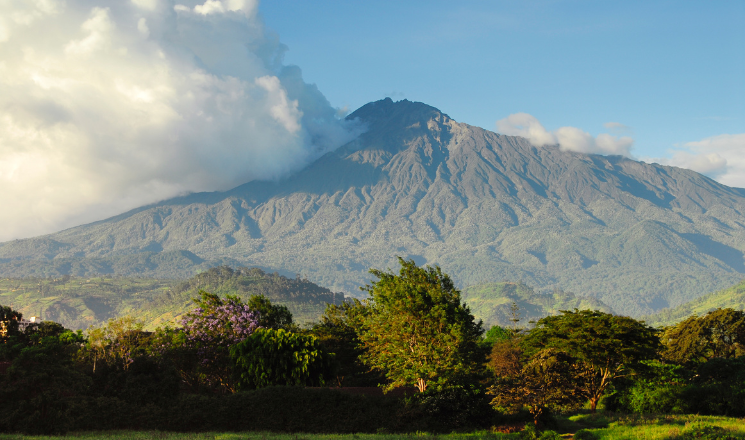Arusha, Tanzania, is often called the gateway to the great African safari. It’s a starting point for adventures to the Serengeti, Ngorongoro Crater, and Mount Kilimanjaro. But as more travelers head to this stunning region, there’s a growing need to explore responsibly. That’s where Responsible Wildlife Tours come in.
Let’s talk about how you can experience Tanzania’s amazing wildlife in a way that protects nature, supports local communities, and still gives you that jaw-dropping safari moment.
Why Choose Responsible Wildlife Tours?
Responsible Wildlife Tours are all about traveling with care. Instead of Responsible Wildlife Tours aren’t just trendy—they’re necessary. With tourism increasing each year, the pressure on Tanzania’s delicate ecosystems is real. Therefore, choosing ethical travel options makes a big difference.

Instead of disturbing animals or leaving waste behind, responsible travelers aim to leave the environment better than they found it. In fact, your choice of tour can help:
- Fund anti-poaching patrols
- Support eco-education in schools
- Create fair job opportunities for locals
- Preserve wildlife corridors for generations to come
So not only will you witness Africa’s majestic wildlife, but you’ll also become a part of protecting it.
Top Responsible Wildlife Tours Near Arusha
If you’re wondering where to start, don’t worry. We’ve rounded up some amazing tour companies and destinations that focus on ethical travel near Arusha. Each one offers incredible experiences while respecting nature and people.
1. Ngorongoro Conservation Area: Ethical Exploration
This vast volcanic landscape is more than a breathtaking view—it’s a working example of humans and wildlife coexisting. Many safari tours in this UNESCO World Heritage Site are designed with ethical travel in mind.
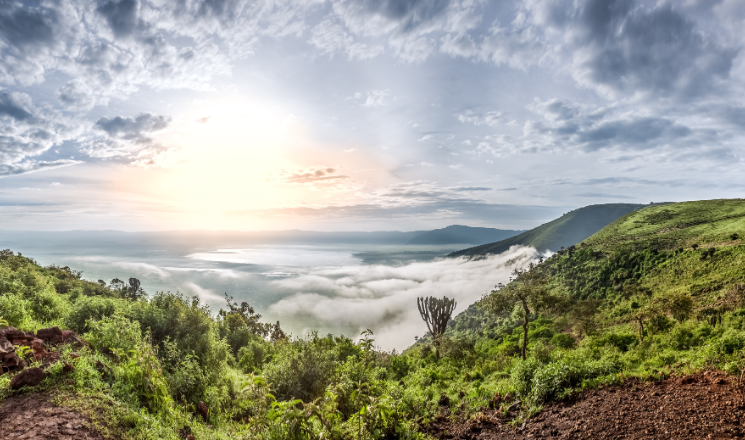
They partner with local Maasai communities, use certified guides, and follow strict rules to avoid disrupting wildlife. As a result, your presence actually helps fund long-term conservation.
2. Arusha National Park: Low-Impact Wildlife Encounters
Though it’s smaller than nearby parks, Arusha National Park delivers big on biodiversity. Responsible tours here often include walking safaris and canoeing—activities that keep your carbon footprint small.
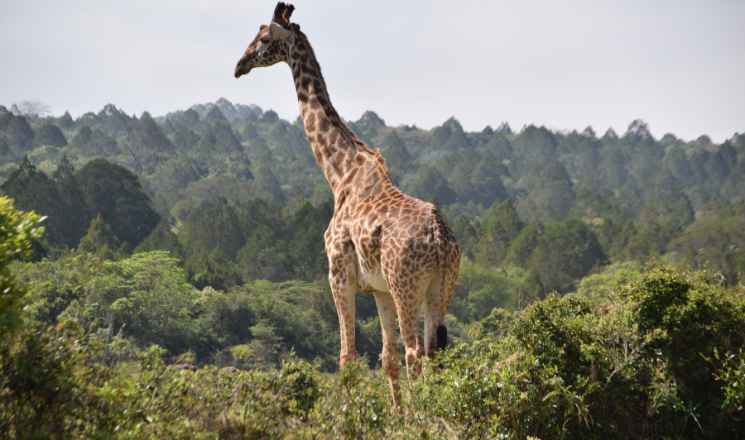
Since these tours are typically led by local rangers, your experience becomes both educational and respectful. You’re not just a spectator—you’re a learner too.
3. Eco-Focused Safari Operators Based in Arusha
If you’re planning a longer trip, several local companies specialize in responsible wildlife tours. These operators prioritize sustainability and put the environment first. For instance, they use solar-powered camps and limit vehicle traffic in sensitive areas.
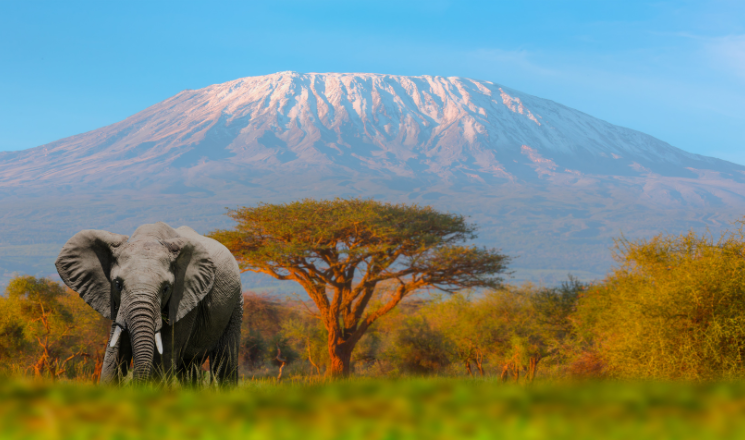
Some ethical favorites include:
- Kilimanjaro Responsible Travel
- Tanzania Journeys
- Wildlife Connection Tanzania
Because they partner with conservation NGOs and local communities, every trip has a positive ripple effect.nly are you reducing your footprint—you’re inspiring others to do the same.
4. Wildlife Sanctuaries and Volunteer Opportunities
While traditional safaris are amazing, some travelers want deeper engagement. Thankfully, Arusha is near trusted sanctuaries that focus on rescue and rehabilitation.

Places like Makoa Farm and the African People & Wildlife Fund allow volunteers to help animals directly. These programs are carefully regulated, ensuring that your involvement supports—not stresses—wildlife.
Even short visits support their work, so consider adding one to your itinerary.
How to Recognize a Responsible Wildlife Tour
It’s not just about seeing animals—it’s about how and why you see them.
Responsible Wildlife Tours follow some key rules:
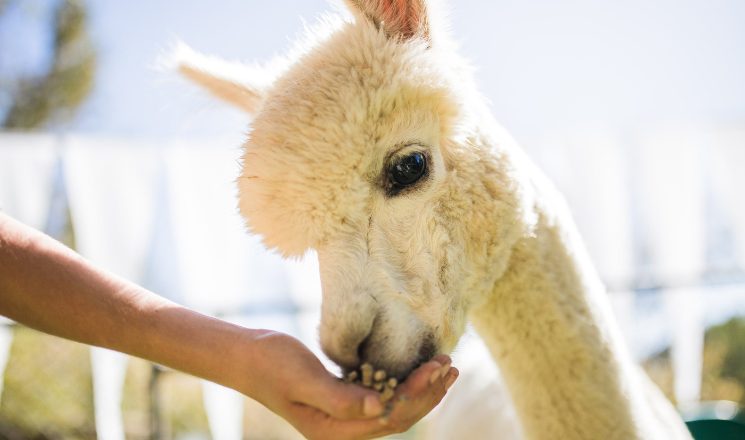
- No chasing or feeding animals
- Local guides and staff get fair pay
- Limited group sizes to reduce impact
- Lodges that use clean energy or reduce waste
- Profits support community projects or conservation
Before booking, ask questions like:

- Where do your profits go?
- How do you protect animals and the environment?
- Are you partnered with local communities?
If the answers are vague, it might not be the right fit.
Tools and Apps That Support Responsible Travel
Today, it’s easier than ever to be a responsible traveler. There are tools that help you plan better, track your carbon footprint, and even learn Swahili phrases to connect locally.

Try these before your trip:
- SafariBookings – Find reviews for ethical tour operators
- Pack for a Purpose – See what local schools or clinics near Arusha need
- HappyCow – Great for finding eco-friendly restaurants
- Learn Swahili by Nemo – A free app to pick up local phrases
Being informed helps you travel smarter—and leave a lighter footprint.
Stay at Eco-Friendly Lodges in Arusha
Your accommodation matters just as much as your safari. Many lodges around Arusha now embrace eco-tourism values, combining comfort with conservation.

Look for features like:
- Solar power or bio-gas systems
- Locally grown food
- Waste recycling or composting
- Community education programs
Recommended places include:
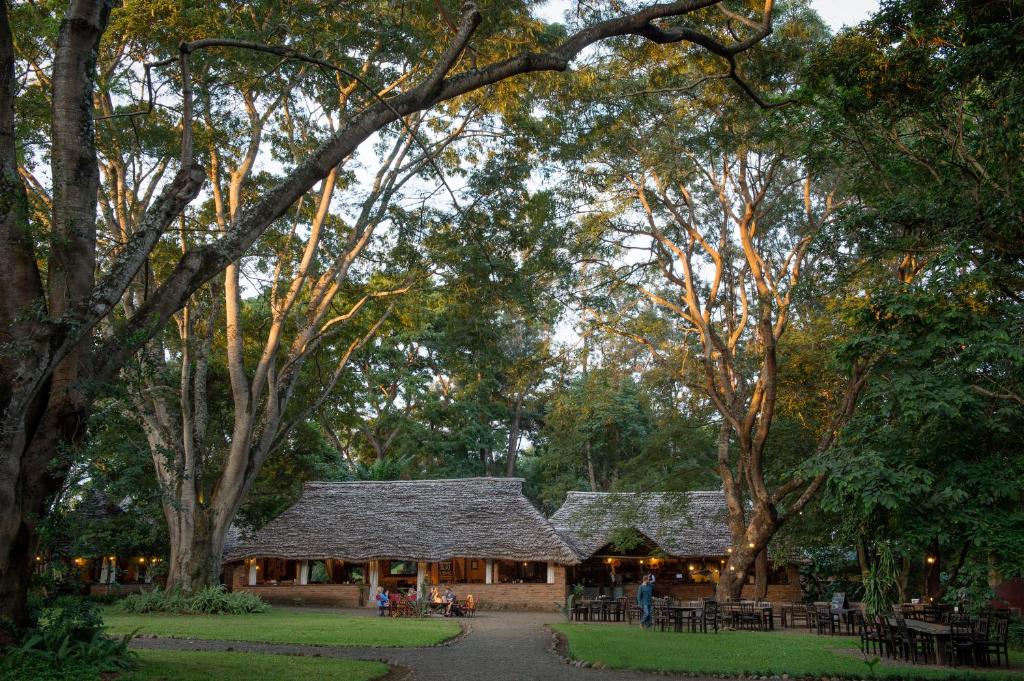

- Ilboru Safari Lodge – An eco-retreat known for its lush gardens and sustainability
- Rivertrees Country Inn – Combines rustic charm with solar technology
- Arusha EcoLodge – A peaceful haven built using sustainable materials
Not only will you sleep soundly—you’ll do so knowing you made a responsible choice.
How Your Visit Helps Protect Tanzania’s Wildlife
Every responsible choice you make adds up. When you book an ethical tour, you support rangers who fight poaching, guides who educate tourists, and families who rely on sustainable tourism income.
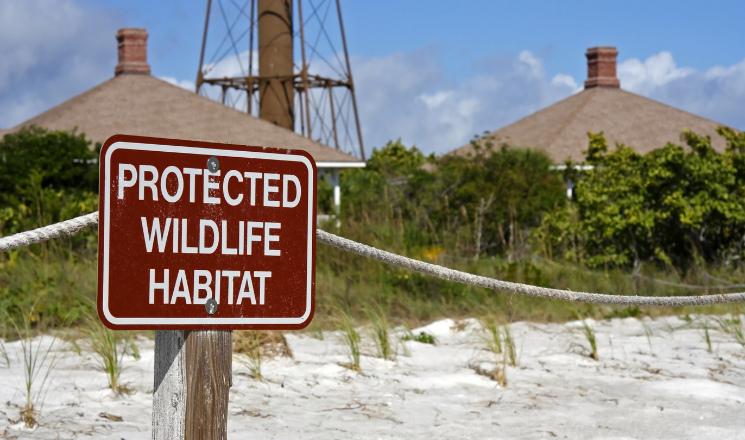
Moreover, many ethical safaris donate a portion of their earnings to conservation funds. That money helps maintain natural parks, build schools, and even install solar panels in rural villages.
So yes—you really can make a difference with your vacation.
Final Thoughts on Choosing Responsible Wildlife Tours
Traveling to Tanzania is life-changing, no doubt. But when you go the extra mile to choose responsible wildlife tours, it becomes even more meaningful. You’ll witness majestic animals in their natural home while knowing your journey supports something bigger.
So don’t just take a safari. Take a stand. Choose wisely, tread lightly, and return home with a story that matters.
Because in the end, protecting what we love is the greatest adventure of all.

